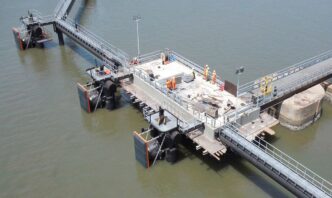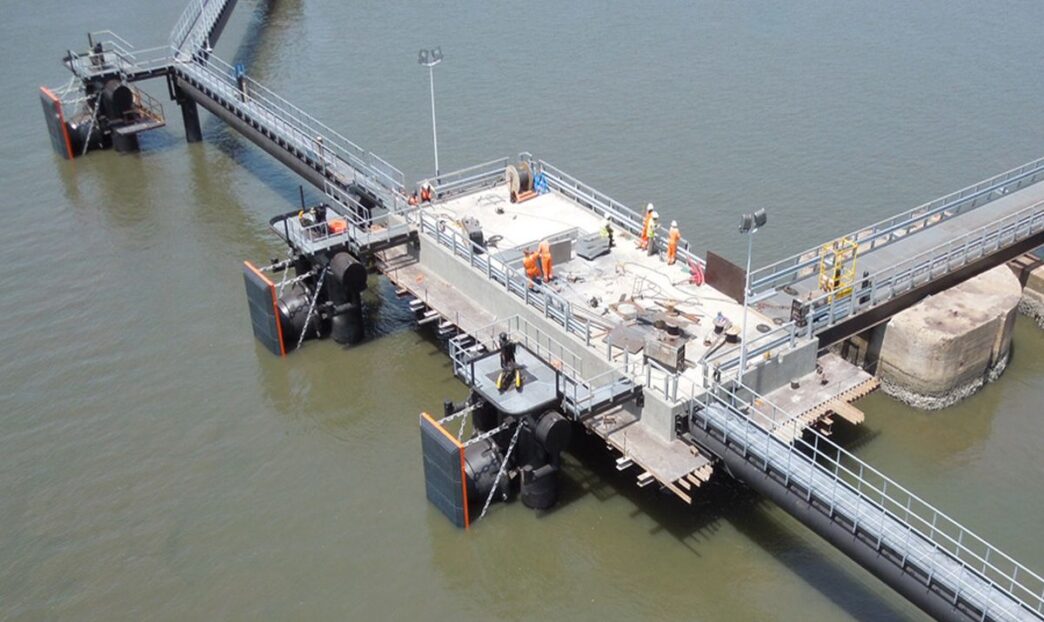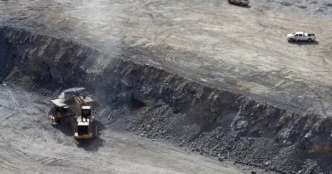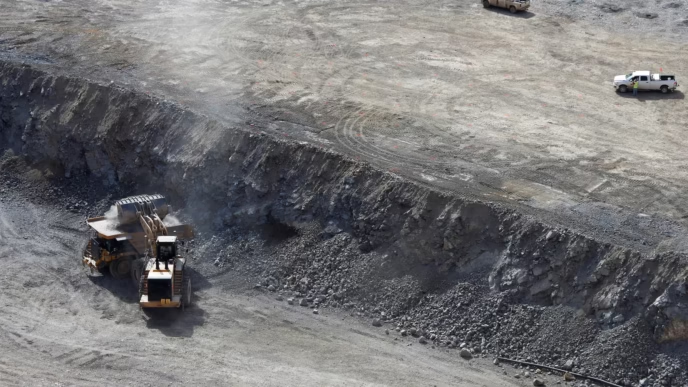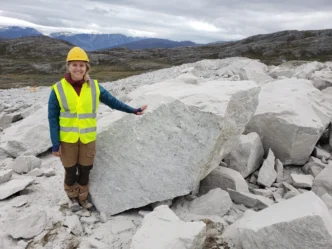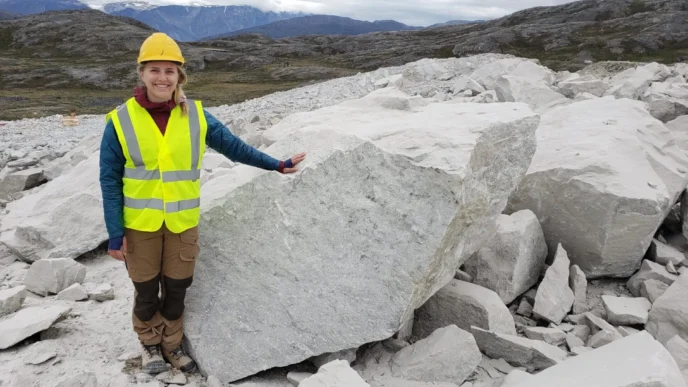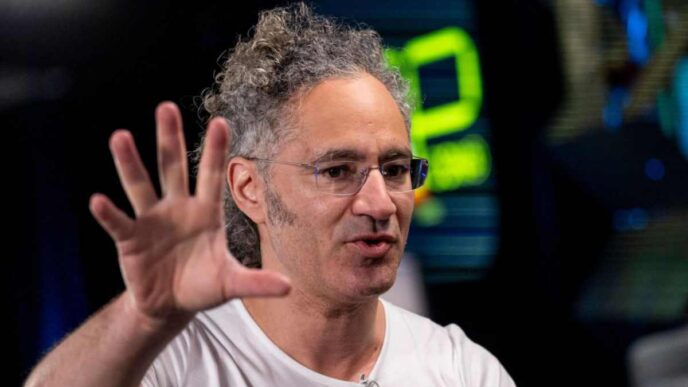Sierra Leone is making bold strides toward positioning itself as a new frontier for oil and gas exploration in West Africa. The country’s Petroleum Directorate has officially opened bidding for offshore oil blocks, signaling a renewed push to attract global investment and unlock its untapped hydrocarbon potential.
Backed by updated seismic data and improved governance frameworks, Sierra Leone aims to shed its historical underdevelopment in the energy sector and capitalize on rising interest in Africa’s offshore basins.
A Strategic Bid Round
The 2025 Licensing Round, announced earlier this month, includes a series of deep-water offshore blocks in the Sierra Leone-Liberia Basin — an area previously considered underexplored but now believed to hold significant reserves. The government has launched an international campaign to draw interest from oil majors, independent explorers, and regional energy companies.
According to the Petroleum Directorate, the tender is supported by new 2D and 3D seismic datasets and technical analysis from international geoscience partners. These tools aim to give bidders improved clarity on the basin’s structure and resource potential.
Regional Momentum and Competitive Positioning
Sierra Leone’s renewed energy ambitions follow a broader trend across West Africa, where countries like Senegal, Ghana, and Ivory Coast have successfully brought offshore assets to production or pre-development stages. By entering the race now, Sierra Leone hopes to position itself as a cost-effective, low-entry-point alternative for operators seeking early-mover advantages in new exploration zones.
“We have learned from our neighbors and refined our approach. This licensing round offers a transparent, data-driven opportunity for global investors,” said a senior official from the Petroleum Directorate.
Energy Diversification and Economic Promise
For Sierra Leone, which remains heavily dependent on agriculture and mineral exports, successful oil development could transform its fiscal landscape. Energy sector development has the potential to significantly boost GDP, foreign direct investment, and government revenues — provided projects are executed with strong governance and environmental safeguards.
The country has pledged to adhere to the Extractive Industries Transparency Initiative (EITI) principles and integrate ESG (environmental, social, governance) standards in its licensing agreements. New energy laws and fiscal reforms are also being put in place to reassure investors and ensure equitable benefit-sharing.
Industry Response
While interest is growing, major oil companies remain cautiously optimistic. Concerns over regional political stability, infrastructure limitations, and global decarbonization trends continue to influence risk assessments. However, with international oil prices stabilizing above $70 per barrel and rising energy demand in emerging markets, frontier exploration is regaining attention.
Independent explorers and private equity-backed firms may be particularly suited to lead initial developments, with potential for larger players to enter during later project phases.
Outlook
If Sierra Leone successfully converts exploration into discovery and eventual production, it could become one of Africa’s newest oil-producing nations within the next decade. The 2025 licensing round represents both a strategic opportunity for investors and a critical economic turning point for the country.
As bidding opens and global energy players assess the data, Sierra Leone’s bold move could reshape the West African oil map — and potentially chart a new course for its national development.

